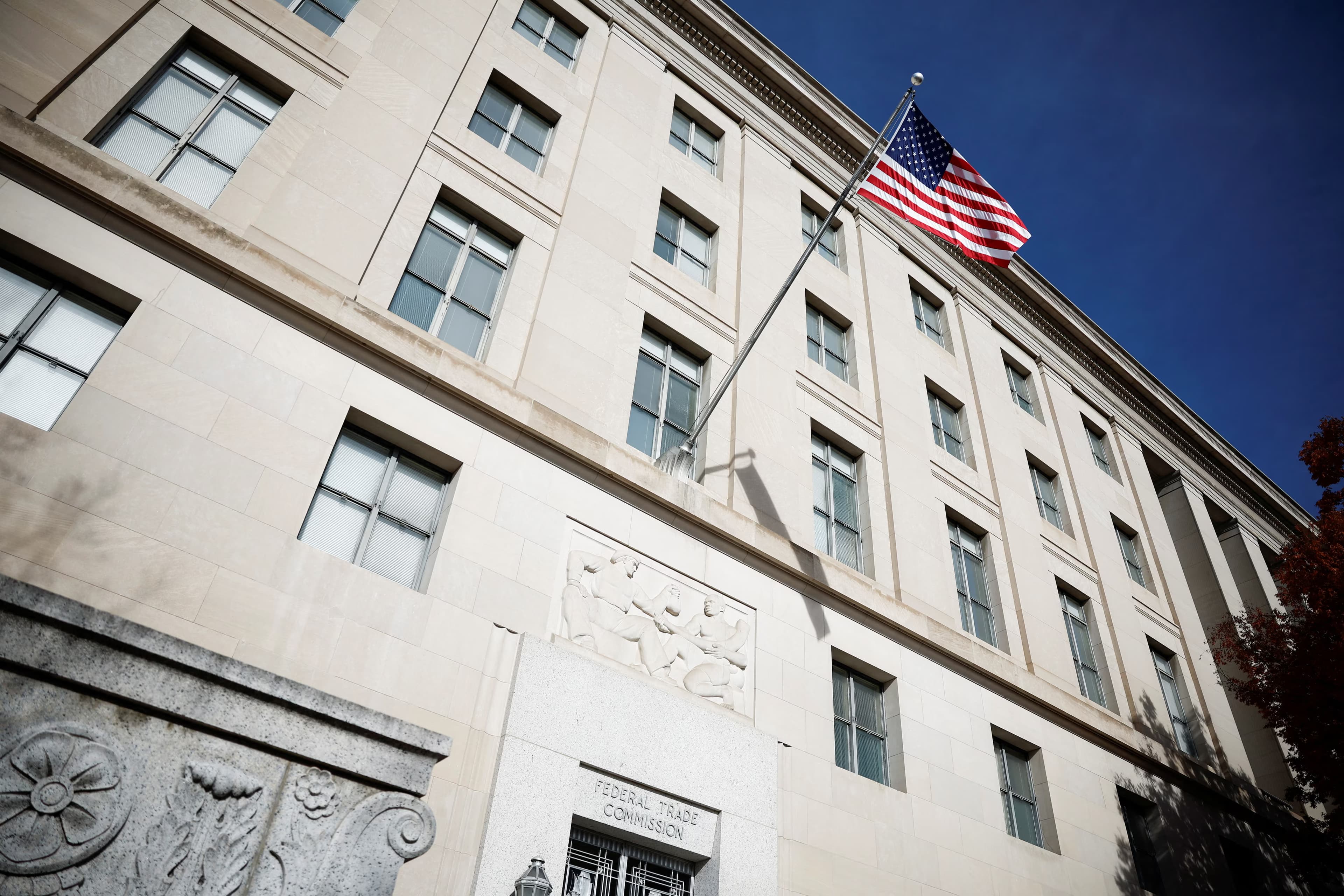The digital landscape is increasingly littered with deceptive cookie consent notices that mislead users and compromise their privacy. Recent research reveals that nearly 90% of users are unable to effectively navigate these consent mechanisms, resulting in a significant erosion of digital rights. The Federal Trade Commission"s (FTC) findings on these so-called dark patterns highlight a troubling reality: current regulations are failing to protect consumers from predatory practices.
Dark Patterns Exploit User Confusion
As reported by the FTC, many cookie consent notices employ manipulative design choices that obscure user rights. These dark patterns often lead users to inadvertently agree to extensive data collection, undermining their control over personal information. The absence of clear options and the prevalence of misleading language create an environment where users feel compelled to consent without fully understanding the implications.
Historical Context of Privacy Regulation
Privacy rights are not a new concern. According to historical timelines, the European Union has been at the forefront of privacy legislation since the adoption of the Data Protection Directive in 1995. This legislation set a precedent for global standards, emphasizing the importance of individual consent and transparency in data processing. Fast forward to the General Data Protection Regulation (GDPR), which further reinforced these principles in 2016. However, the United States has lagged behind, leaving users vulnerable to exploitation by tech companies.

Beautiful Cookie Consent Banner – WordPress plugin ...
The Need for Robust Legislation
The inadequacies of U.S. privacy laws are glaringly evident when compared to the EU"s stringent regulations. The GDPR has set high standards for data protection, yet the U.S. remains fragmented in its approach. Consumers are left navigating a patchwork of state laws that are often weak and unenforceable. The California Privacy Rights Act (CPRA) shows promise, yet it too falls short of providing comprehensive protections against deceptive consent practices.
The Impact on User Trust
The pervasive use of misleading consent mechanisms not only jeopardizes users" personal data but also erodes trust in digital platforms. Research indicates that when users feel deceived, their willingness to engage with online services diminishes significantly. As reported by industry experts, this decline in trust can have dire consequences for businesses that rely on consumer engagement and loyalty. A lack of transparency leads to skepticism and a demand for accountability—something that tech giants have been slow to embrace.

47 signs spotted at anti-Trump/Musk protests - March 27, 2025 ...
The Role of User Empowerment
Empowering users with clear, actionable choices is essential for restoring trust and protecting privacy. As highlighted by the ongoing discussions around cookie consent, users must have the ability to opt-in rather than be coerced into agreeing. A shift towards user-centric design in privacy settings could mitigate the exploitation of dark patterns. Furthermore, educational initiatives that inform consumers about their rights and data protection can foster a more informed user base.
In an era where personal data is commodified, the responsibility lies with both regulators and tech companies to prioritize user rights over profit margins. The call for comprehensive privacy legislation is louder than ever, and the need for actionable change is imperative for the future of digital rights.







![[Video] Gunfire between Iraqi security forces and Sadr militias in Baghdad](/_next/image?url=%2Fapi%2Fimage%2Fthumbnails%2Fthumbnail-1768343508874-4redb-thumbnail.jpg&w=3840&q=75)
